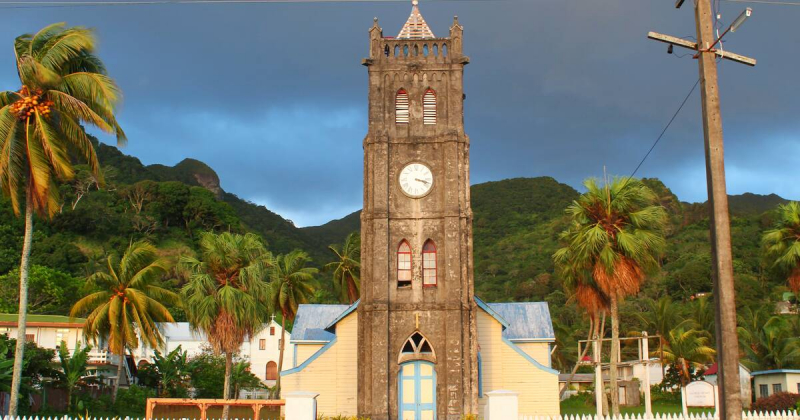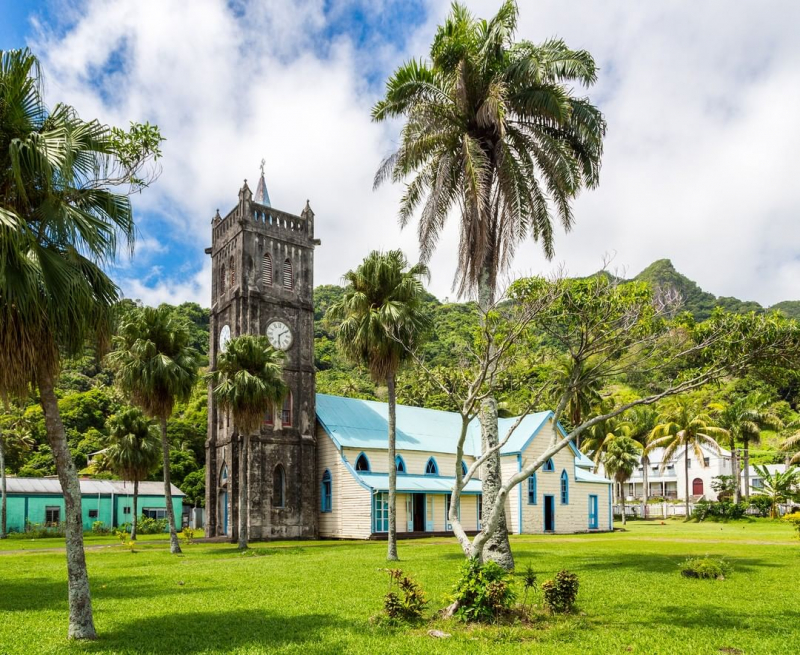Levuka Historical Port Town
Known as one of most beautiful historical sites in Fiji is Levuka Historical Port Town. Historical Port of Levuka The town is situated among coconut and mango trees on Ovalau Island's seashore, against the forested slopes of the island's extinct volcano. The port was developed as a hub of commercial activity by American and European colonists from the 1820s onwards, and the town became Fiji's first colonial capital, which Tui (King) Cakobau quietly handed to the British in 1874. Beach Street is surrounded by a stone and concrete sea wall, from which other streets and alleys branch inland in a radial arrangement, following the land's contours. On one of the three streams that drain the slopes above the coastal plain are the sites of two old indigenous communities, Totoga (Vitoga) and Nassau. Along Beach Street, copra sheds, warehouses, bond stores, port facilities, and commercial structures came up, while around the indigenous population's communities, dwellings, religious, educational, and social institutions built up.
Single or two-story corrugated iron or weatherboard clad timber structures with hipped or gable roofs are typical. Companies continued to construct bases at Levuka after the capital was moved to Suva in 1882, reflecting all periods of colonial growth in the South Pacific. The former Totoga and Nassau village sites, the former Cakobau Parliament House site (now the European Memorial), the Morris Hedstrom bond store, the Baba indentured labor settlement, the Hennings residence, Captain Robbie's bungalow, Sacred Heart Cathedral, and Presbytery dating from the 1860s, the Royal Hotel founded in the late 1860s, Deed of Cession site, former Government (Nasova) House site, Port Authority, Post, and Customs buildings, as well their remnant tram tracks to the wharf, former Methodist Church and mission, Levuka Public School, Town Hall, Masonic Lodge, Ovalau Club, Bowling Club, workers cottages and the shell button factory site.
Location: Levuka, Fiji













